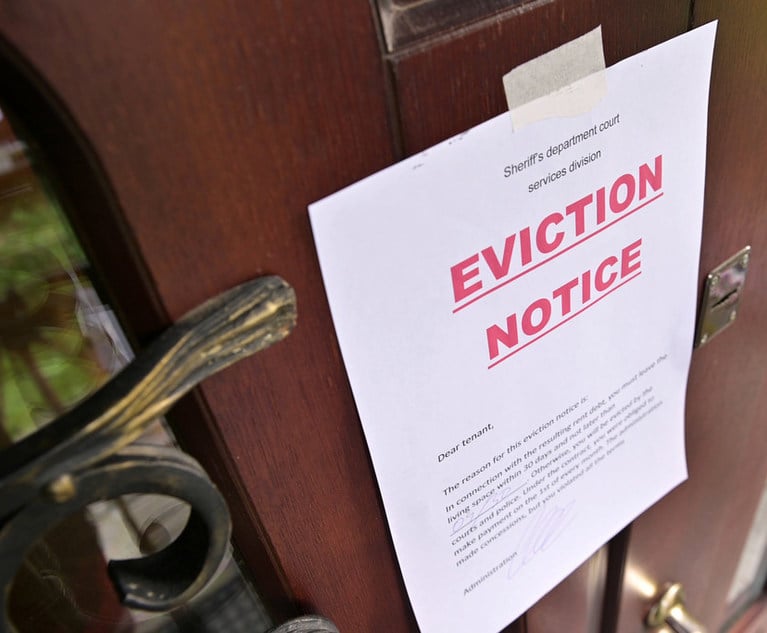This decision involved an option to purchase (option) which was embodied in a commercial lease. The commercial tenant “admittedly failed to exercise” the option in a timely manner. The court found that the tenant had failed to prove its entitlement to the “equitable relief of avoiding the consequences of its untimely attempt to exercise the option and forfeiture of its investments.” This decision also contained an extensive analysis of the “Dead Man’s Statute.” My summary will focus on that portion of the decision which addressed the untimely exercise of the option.
The parties had entered into a lease dated March 1, 1999, pursuant to which the tenant rented the subject premises for use as an auto garage and repair shop for a six-year time period. The tenant claimed that the lease included an option granting the tenant the right to purchase the property for $950,000 at the end of the fourth year of the lease. The option required the tenant to give written notice to the landlord of its intent to exercise the option by certified mail “within 90 days prior to end of the fourth year, i.e., by November 30, 2002 (Notice).” The option also required that the tenant be “ready, willing, and able” to close before the end of February 2003 and that the Notice set a time and location for the closing.


 Scott E. Mollen
Scott E. Mollen




